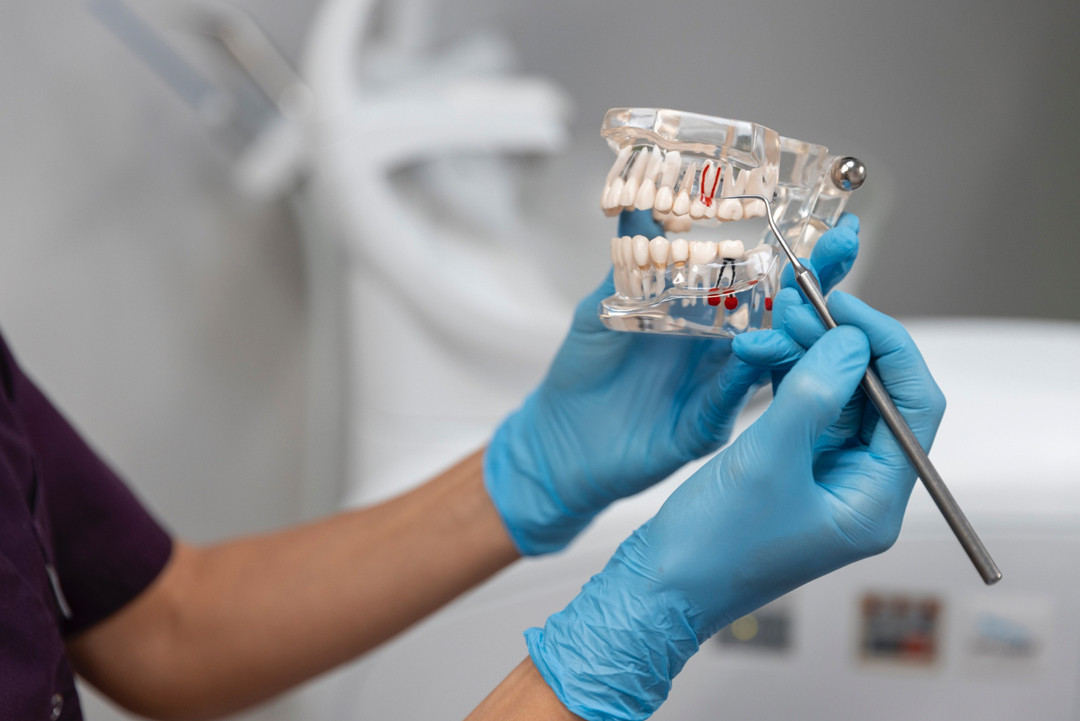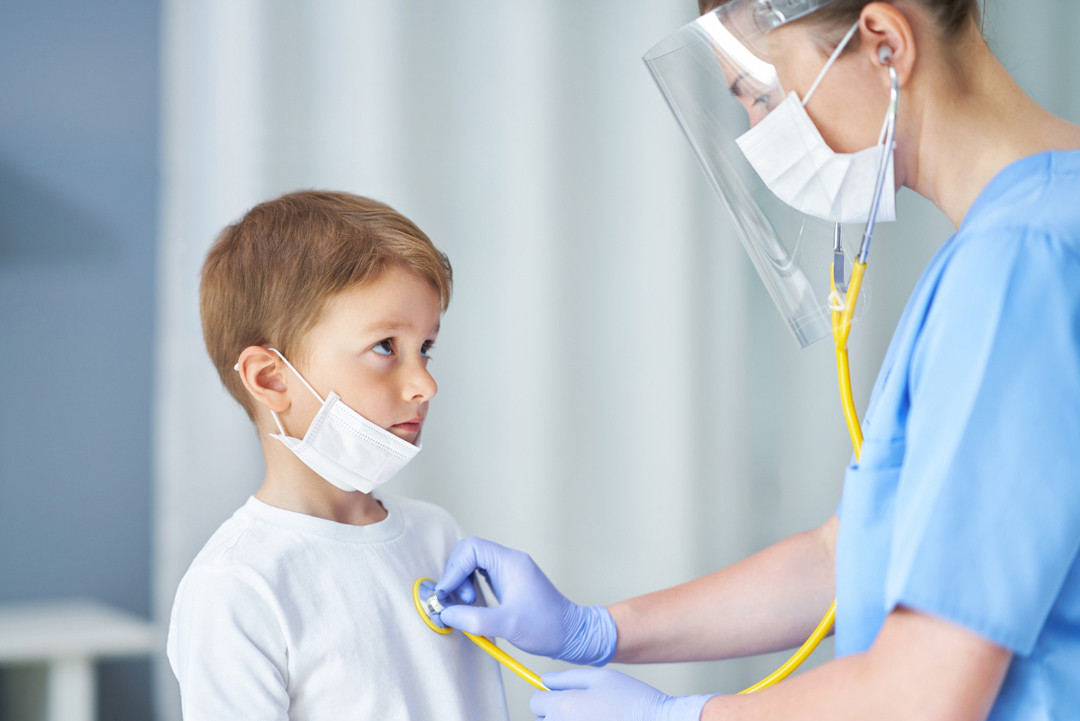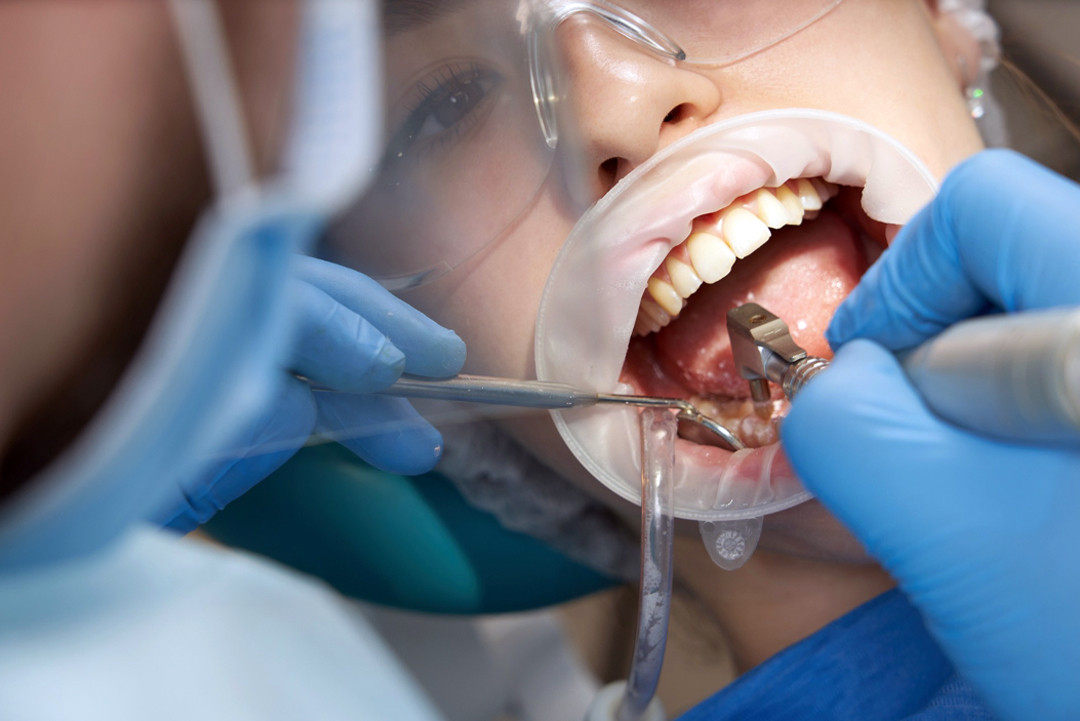What Is Pulmonology?
Pulmonology focuses on diagnosing, treating, and preventing respiratory system diseases, including the lungs, bronchi, and trachea. Pulmonologists address conditions such as:
- Asthma
- Chronic Obstructive Pulmonary Disease (COPD)
- Lung cancer
- Cystic fibrosis
- Tuberculosis
- Sleep apnea
- Occupational lung diseases
Pulmonologists collaborate with specialists in thoracic surgery, cardiology, and oncology for comprehensive care.
When Should You See a Pulmonologist?
Symptoms or conditions prompting a pulmonology consultation include:
- Persistent cough lasting over three weeks
- Shortness of breath (dyspnea)
- Coughing up blood (hemoptysis)
- Unexplained weight loss
- Severe chest pain or tightness
- Sleep disturbances like apnea or snoring
- Recurrent asthma or bronchitis episodes
Pulmonology Subspecialties
- Intensive Care Pulmonology: Care for critically ill patients, including ventilator support.
- Interventional Pulmonology: Minimally invasive procedures, e.g., bronchoscopy.
- Occupational Lung Disease: Managing conditions caused by workplace exposure, e.g., asbestosis, silicosis.
- Pediatric Pulmonology: Treatment of respiratory conditions in children, like asthma and cystic fibrosis.
- Pulmonary Rehabilitation: Therapy for managing COPD and improving lung function.
- Pulmonary Oncology: Diagnosis and management of lung cancer and tumors.
- Pulmonary Vascular Disease: Treatment of pulmonary hypertension and embolism.
- Allergy and Immunology: Managing asthma and allergic respiratory conditions.
- Sleep Apnea Management: Diagnosis and treatment of sleep-related breathing disorders.
- Lung Transplantation: Pre- and post-surgical care for lung transplant patients.
Why Preventive Pulmonology Matters
Preventive care is crucial for individuals at high risk of lung diseases, including:
- Smokers or those exposed to secondhand smoke
- People with occupational exposure to irritants or pollutants
- Those with a family history of respiratory conditions
Preventive measures may include:
- Smoking cessation programs
- Vaccinations (e.g., influenza, pneumococcal vaccines)
- Regular pulmonary function tests (PFTs)
- Early detection screenings for lung cancer
Common Pulmonary Diagnostic Procedures
- Bronchoscopy: Examines the airways and collects samples.
- Endobronchial Ultrasound (EBUS): Non-invasive imaging for diagnosing cancer and infections.
- Pulmonary Function Tests (PFTs): Measures lung capacity and airflow.
- Thoracentesis: Drains fluid from the pleural space.
- Imaging Tests: X-rays, CT scans, and MRIs for structural assessments.
- Biopsy: Tissue sampling for conditions like lung cancer.
Pulmonary Treatments and Therapies
Pulmonologists offer a wide range of treatments, including:
- Medications
- Bronchodilators: Improve airflow in asthma and COPD.
- Corticosteroids: Reduce inflammation in conditions like asthma.
- Antibiotics: Treat bacterial infections like pneumonia.
- Immunosuppressants: Manage autoimmune-related respiratory diseases.
- Smoking Cessation Medications: Assist in quitting smoking.
- Inhalation Therapies: Nebulizers and inhalers deliver medications directly to the lungs.
- Oxygen Therapy: Provides supplemental oxygen for patients with chronic respiratory failure.
- Pulmonary Rehabilitation: Exercise and education programs to improve lung function and quality of life.
- Surgical Interventions:
- Lung Transplant: For end-stage lung diseases.
- Thoracentesis: Drain fluid buildup in pleural space.
Conditions Managed in Pulmonology
- Asthma: Chronic inflammation of the airways.
- COPD: Progressive disease causing airflow limitation.
- Lung Cancer: Malignant growths requiring multidisciplinary care.
- Cystic Fibrosis: Genetic disorder affecting lung and digestive function.
- Sleep Apnea: Breathing interruptions during sleep.
- Pulmonary Hypertension: High blood pressure in lung arteries.
- Tuberculosis: Infectious bacterial lung disease.
When to Consult a Pulmonologist
Regular visits are essential for:
- Managing chronic respiratory diseases.
- Monitoring high-risk individuals (smokers, industrial workers).
- Post-treatment follow-up for infections or surgeries.
A pulmonologist can create a personalized treatment plan to ensure optimal lung health and overall well-being.


















